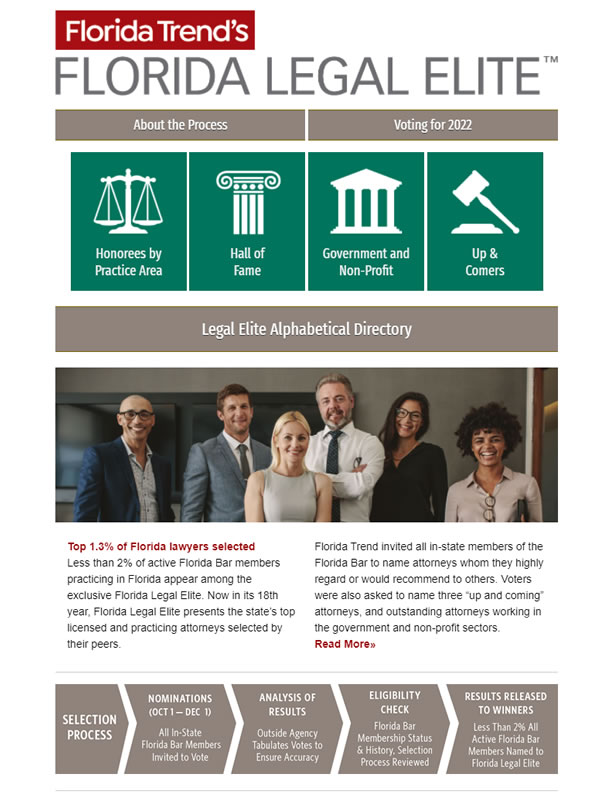SHARE:
Phosphate Mining
What Happens to Old Mine Land?
 Can former mines — like the one that’s now a wildlife conservation area in Polk County — be truly restored? The answer is murky, some say, because the research has been geared toward litigation rather than science. [Photo: László Bencze/Mosaic] |
Since 1975, Florida’s phosphate industry has been required to restore lands impacted by mining. But to this day, no issue is more contentious — or the science less conclusive — than whether it can restore ecosystems to a pristine condition.
To reclaim a mine, industry scientists reshape steep spoil piles and water-filled troughs, then revegetate the land. Plenty of former mines in central Florida have been made into something new: Lakeland’s Christina community, with hills and waterfront homes, is built atop an old mine. Some former phosphate lands support orange groves; many others support industrial uses. The slopes and lakes at Polk County’s Eaglebrook golf course come courtesy of phosphate. Hardee County, which had no natural lakes, is home to Hardee Lakes Park, a 1,150-acre fish-management area with four large lakes — former phosphate pits — where anglers can reel in stocked largemouth bass, bluegill and red-ear sunfish.
Recreational lakes, though, are no substitute for wetlands and their many benefits. And early reclamation efforts often botched reconstructed wetlands, which were dogged by invasive species and fluctuating hydrology.
Reclamation science has steadily improved, says Richard W. Cantrell, director of DEP’s Bureau of Mine Reclamation. Since the state began requiring companies to restore wetlands acre for acre and type for type in 1987, he says, the projects generally have been successful: “Are they an absolute snapshot of what existed before? No. Are they functional wetlands doing the same thing that the wetlands did before? Yes.”
There’s no question phosphate mining has had a significant impact on the state’s waters in the past. Cantrell points to a 1940s map of Six Mile Creek, a tributary of the Peace River that no longer exists because of mining. One of Florida’s most prolific springs, a popular swimming spot called Kissengen in Polk County, vanished by 1960, when the industry was sucking up more than 200 million gallons of groundwater a day — 80% of all the groundwater used in Polk.
Cantrell predicts there will never be another Six Mile Creek, or another Kissengen. Mining practice and regulation have changed significantly, especially in recent times. The industry uses half the water it used to and recycles nearly all it uses. It is no longer allowed to mine unspoiled creeks. And Cantrell says that while phosphate mining “is not a pretty landscape while it’s happening,” its cumulative impact on Florida has been no worse than that of agriculture, urban growth and development or climate change.
But in the fight over mining, the differing parties all claim to have science on their side — regulators, the industry and opponents, who argue that DEP is too chummy with phosphate companies. Kevin L. Erwin is an ecological consultant in Fort Myers who has worked as a state regulator and a consultant for the phosphate industry on wetland reclamation. He concludes that the industry’s restoration efforts for the most part have failed and that the contentious nature of the issue in southwest Florida has resulted in science that takes sides rather than advances restoration.
“What pains me is the lack of applied research into any of these topics; all the research is related to litigation,” Erwin says. “There’s no cooperation — just a lot of divisiveness and lobbing grenades at each other.”























